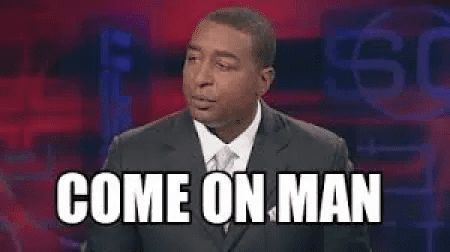Kalshi’s first full NFL regular-season slate since launching sports event contracts (initially piloted during last season’s Super Bowl) scored big. From Thursday through Sunday, the CFTC-regulated prediction exchange handled $441 million in volume, the overwhelming majority of which came from its football categories, with NFL Week 1 being ”equal to a U.S. election,” per Kalshi CEO Tarek Mansour.
Kalshi has done $441m of volume since NFL kickoff.
NFL week 1 is equal to a US election.
Probably nothing. pic.twitter.com/l08dshJ2eN
— Tarek Mansour (@mansourtarek_) September 8, 2025
Fueling Kalshi’s NFL trading surge
Leading the surge was live, in-game trading and primetime kickoffs. According to our in-house tracking data, Kalshi raked in $266.1 million in Week 1 NFL volume alone across the full 16-game slate. And the biggest games of the week all came under the lights.
- Vikings–Bears led with $41.8 million in total volume, more than $34 million coming after kickoff.
- Ravens–Bills followed at nearly $36.9 million, $30.2 million of which happened in-game.
Two more national windows surpassed the Super Bowl in terms of trading volume on the platform:
- Cowboys–Eagles scored $28.2 million in volume ($16 million traded live)
- Chiefs–Chargers hit $28.7 million ($20.6 million live)
In other words, traders weren’t just predicting the winners pre-game, but they were riding momentum swings and hedging their bets as possessions changed hands.
Week 1 also marked the debut of player props. For now, that only includes anytime touchdown, first touchdown, and 2+ TD markets.
Brokered trades boost retail flow
The consumer traction is real. Kalshi’s app sat at #13 in the App Store on Monday morning.
But the stream of trades isn’t only coming through Kalshi’s native app. The exchange’s headline number includes trades facilitated by brokerage partners like Robinhood and Webull, though platform-level splits aren’t public.
That distribution matters, as brokers funnel mainstream retail flow into event contracts and help normalize binary ‘Yes/No’ event contracts as an alternative to traditional sportsbook wagers, especially in states that don’t yet have legal sports betting such as California and Texas.
C’mon, Man! About those trading fees
If there’s a cloud hanging over the Week 1 boom, it’s fees. Routing through Robinhood runs $0.01 per contract for users, while trading directly on Kalshi can cost up to $0.0175 per contract. For high-velocity live markets such as football games—where traders may move in and out multiple times—the per-contract toll adds up quickly. In many cases, those fees actually made the effective prices worse than comparable lines at DraftKings or FanDuel.
But wait. I thought prediction markets and “peer-to-peer” trading were supposed to offer better prices than a sportsbook?
The good news for traders is competition is on its way, and Kalshi is likely trying to grab as much cash before competitive pressure leaves them no choice but to lower its fees.
Polymarket is set to arrive in the U.S. later this fall and is currently a fee-free platform. Whether they bring the same consumer-friendly approach to its regulated product is to be seen, but doing so would certainly give them leverage as they try to grab some of Kalshi’s existing users.
Week 1 goes in Kalshi’s win column, but as football fans know, championships aren’t won in September. With new entrants dialing up trick plays and defensive schemes, the prediction-market season title is still far too early to call.


























